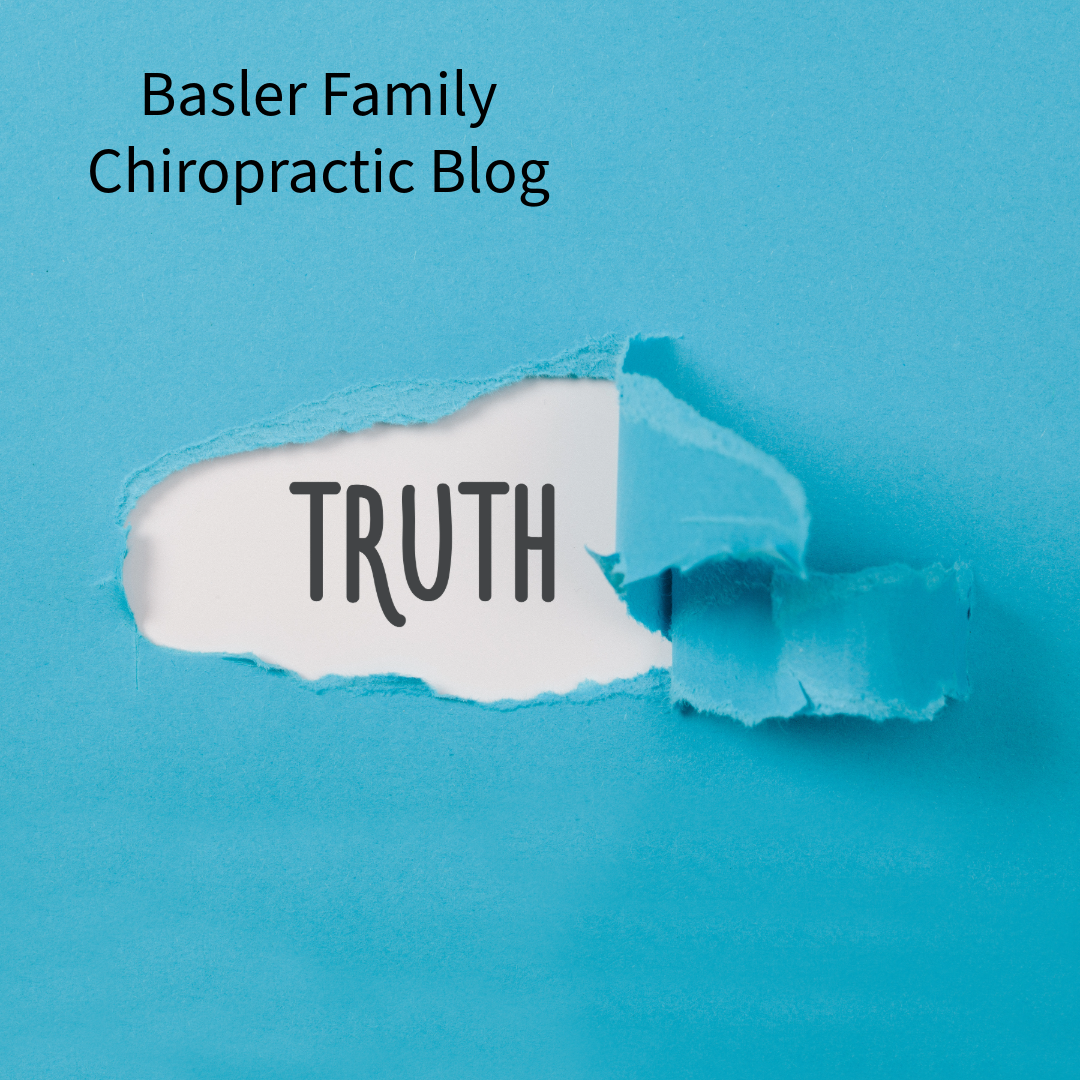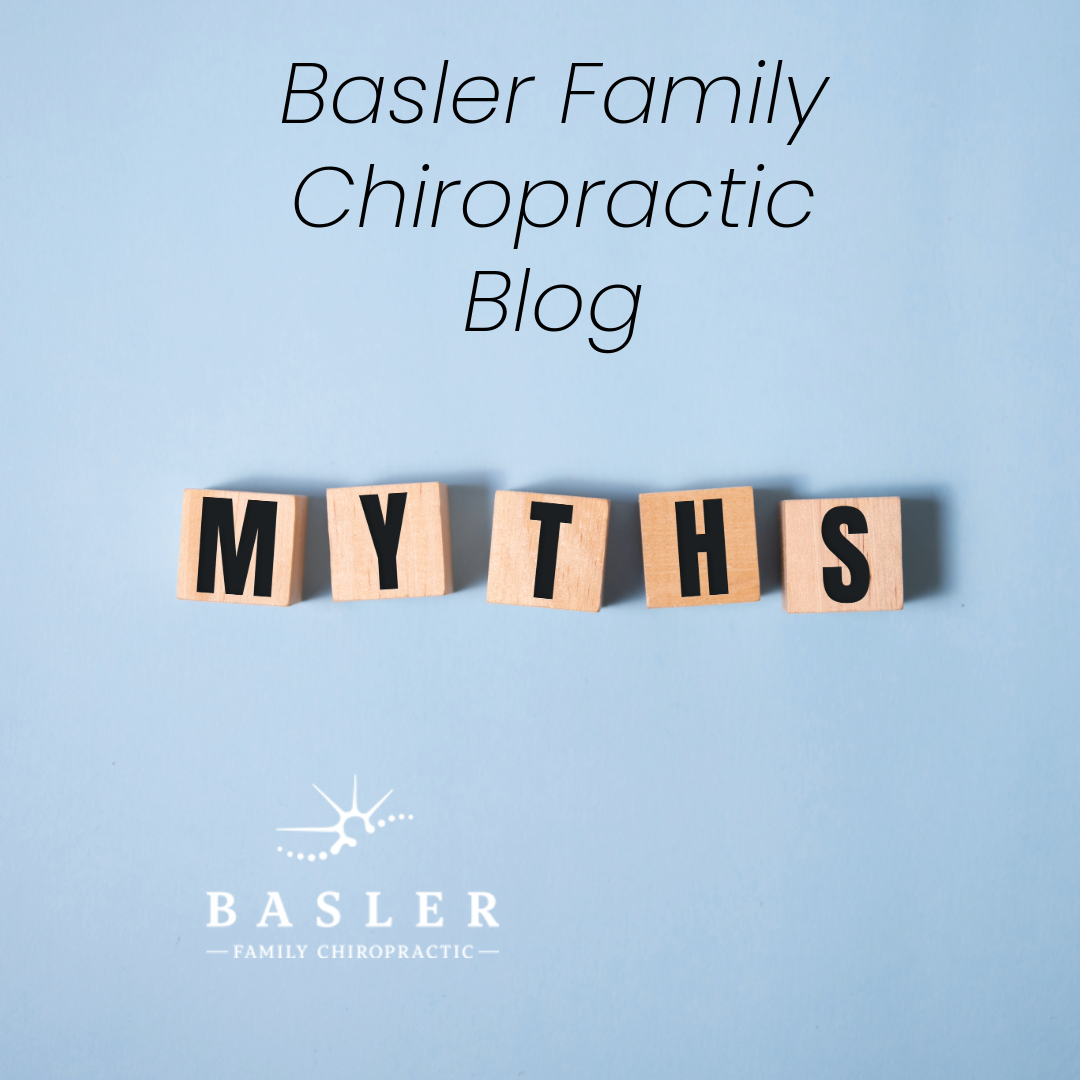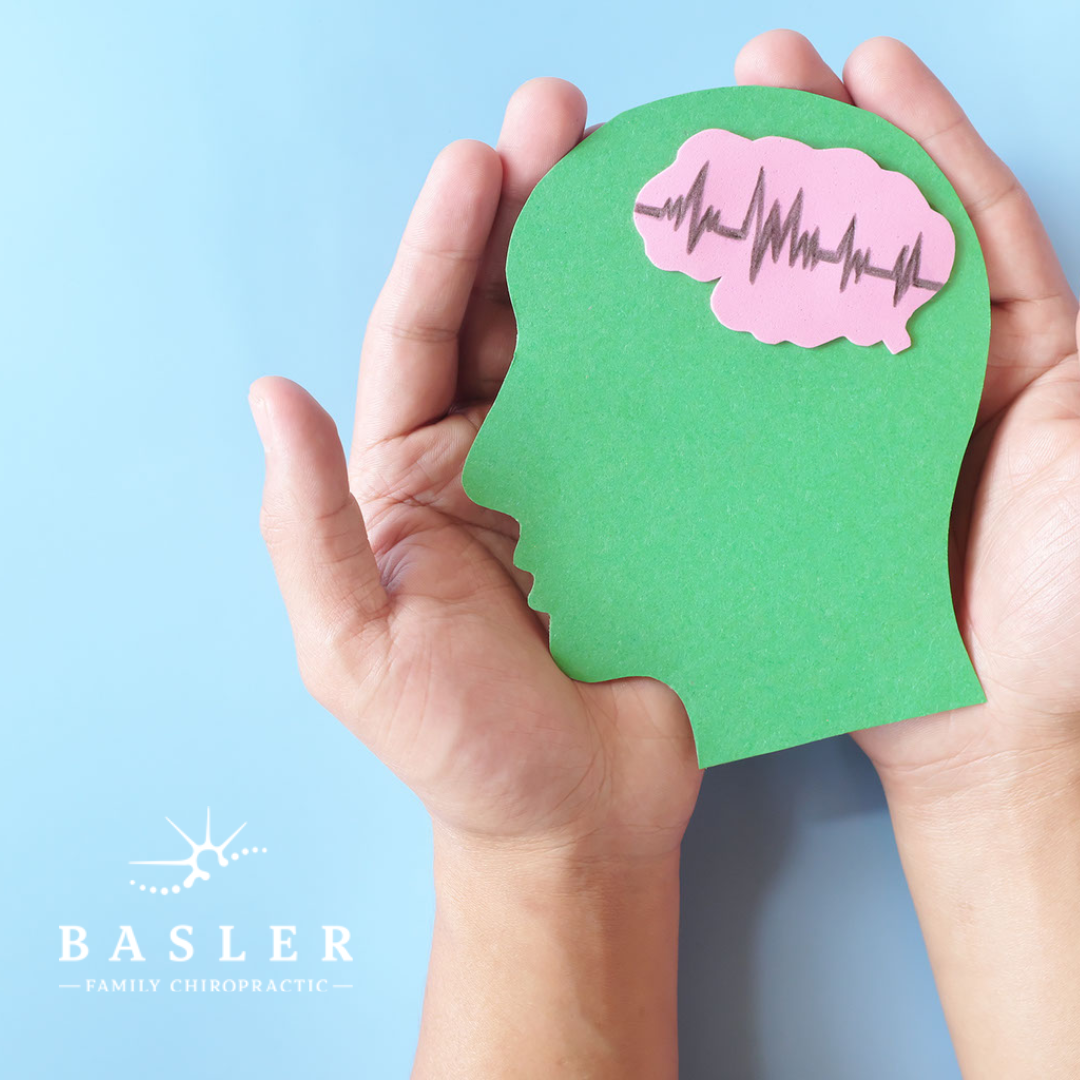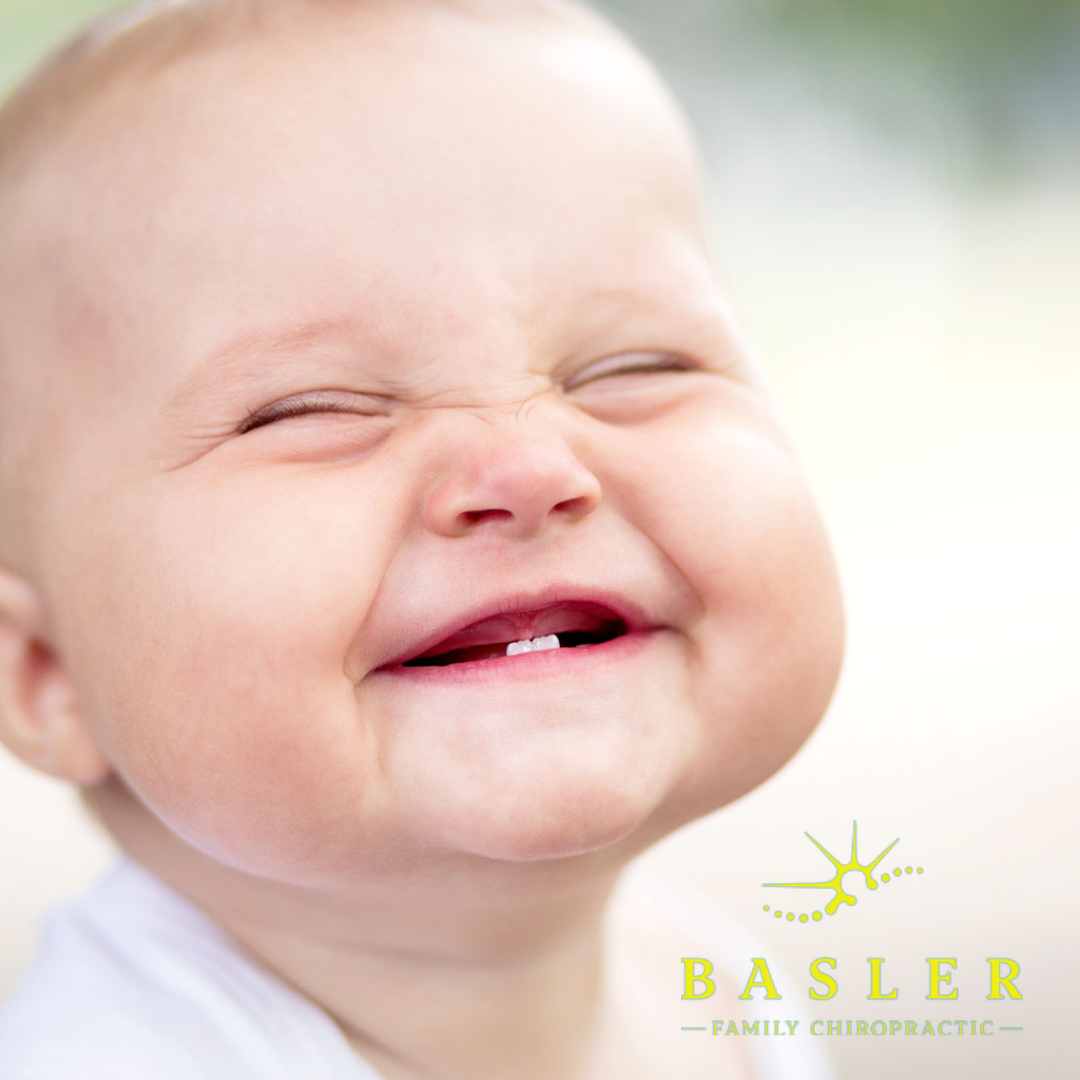Gravity: The Undercover Force
“It’s only when gravity starts to take over, you begin to think about your body.” – David Soul
When we think of causes of subluxation, we usually focus on the three T’s: Thoughts, Traumas, and Toxins. Thoughts can be any sort of mental or emotional stress especially with inflation nowadays, financial stress would be a common stress which wreaks havoc on the nerve system. There is also intense mental stress such as events causing PTSD. Traumas are usually anything to do with the physical realm such as falling down the stairs or falling off a ladder. Any type of external force on the body is going to cause our nerve system stress and take time to process that stimulation overdrive. Toxins are another cause of subluxations and those can vary from the consumption of medications, vaccines, processed foods and the preservatives that are within them. Our bodies are continuously meant to have natural ingredients and therefore the reasoning for a significant amount of side effects that are consistently stated when it comes to vaccines or medications.
What keeps us grounded on this earth? GRAVITY! This force is necessary or else we would be floating around and our muscles would begin to atrophy because if you do not use it, you lose it. With that said, the constant forces of gravity can be detrimental on our musculoskeletal system as it is continuously pulling down on our bodies and compressing our joints as well as the discs in between our vertebra. This force contributes to misalignments of the spine and degeneration of those intervertebral discs. When one claims they don’t need chiropractic because they don’t feel pain is like saying their engine doesn’t need oil since their engine has not been ruined yet, it does not make sense. One does not wait until their teeth are rotting to go to the dentist. It is all about being preventative with pro-active care rather than re-active care. Our spines and therefore our nerve system need maintenance because we live our life through our nerve system.
Get checked, stay healthy!









